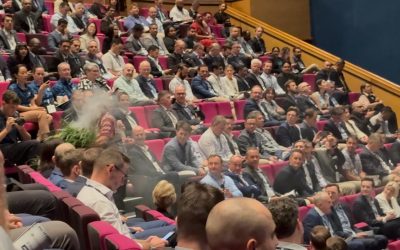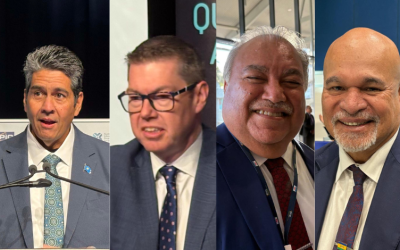Fiji is grappling with a significant plastic pollution crisis, impacting both its terrestrial and marine environments. A substantial portion of this pollution originates from external sources, with ocean currents carrying debris from as far afield as South Africa and Mexico to Fiji’s shores. This influx exacerbates the nation’s existing waste management challenges, leading to widespread environmental degradation.
The country’s waste management infrastructure is limited, with only one sanitary landfill and two municipal dumps serving over 330 islands. Consequently, many communities resort to burning plastic waste, a practice that releases toxic substances into the environment and poses serious health risks. Open burning emits dioxins, which are linked to cancers and reproductive impairments, highlighting the urgent need for sustainable waste disposal methods.
In response to this crisis, Fiji has been actively participating in international efforts to address plastic pollution. The nation is a strong advocate for a robust global treaty aimed at reducing plastic production and promoting sustainable disposal practices. Fiji’s delegation has been involved in negotiations to develop a legally binding agreement that addresses the full lifecycle of plastics, from production to disposal.
Domestically, initiatives are under way to mitigate the impact of plastic waste. The Pacific Recycling Foundation, in collaboration with international partners, is working to establish infrastructure for the collection and disposal of soft plastics. This project aims to provide sustainable end-of-life solutions for plastic waste, reducing the reliance on harmful disposal methods like open burning.
Furthermore, Fiji has become the first Pacific nation to recognise waste pickers as an integral part of its waste management system. This recognition acknowledges the crucial role that informal waste collectors play in recycling efforts and aims to integrate them into formal waste management strategies.
Despite these efforts, challenges persist. The geographical dispersion of Fiji’s islands complicates the implementation of uniform waste management practices. Additionally, the continuous influx of plastic debris from international sources underscores the need for global cooperation in addressing marine pollution.
The plastic pollution crisis in Fiji (and the Pacific) presents significant opportunities for waste recyclers and circular economy initiatives. As the country seeks sustainable solutions to manage its growing waste problem, there is a clear demand for infrastructure and technology that can facilitate recycling and reduce reliance on harmful disposal methods like burning.
Companies specialising in recycling could partner with local organisations to establish efficient waste collection systems and develop facilities that process plastic into reusable materials. Additionally, circular economy projects focusing on transforming waste into new products or energy sources could thrive, supporting job creation, reducing imports, and promoting environmental sustainability across Fiji’s islands.
Read this article on how circular economy entrepreneurship could help the Pacific fight pollution.



